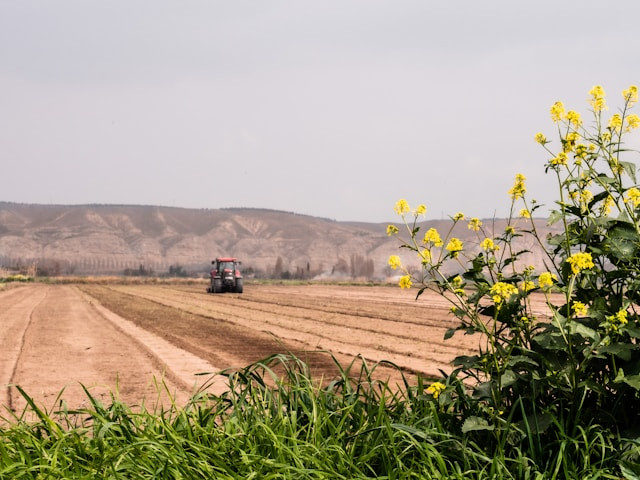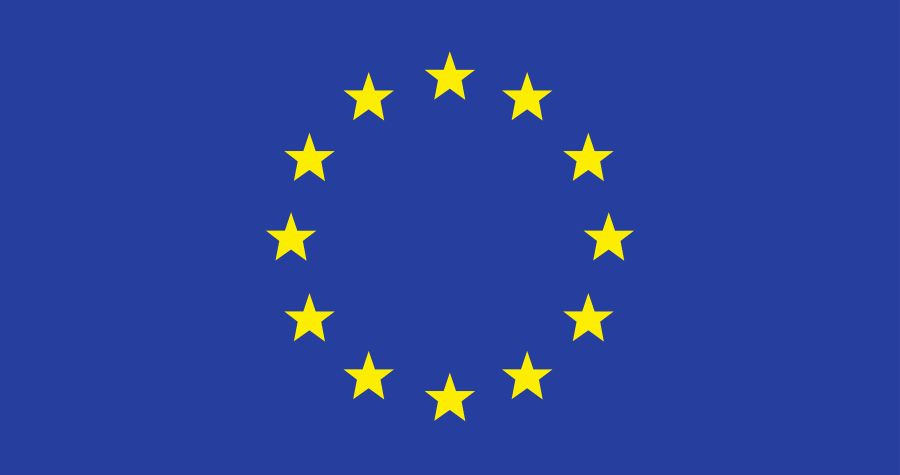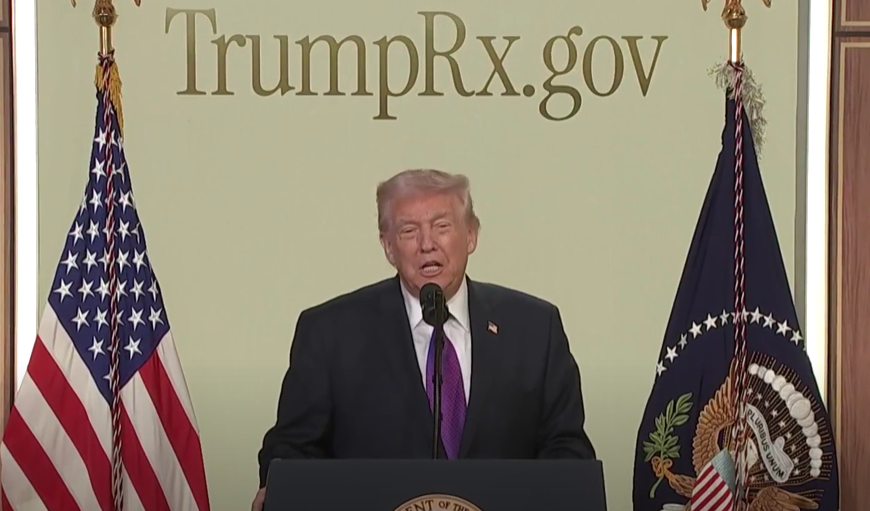Greece Stole Millions From EU’s Agriculture Fund, Lying About Having Farms They Did Not Have

© Marta Ortigosa on Unsplash
How has the Greek farm subsidy fraud affected the country’s relationship with the EU?
The system was meant to help farmers grow food for millions, but instead, it was used to funnel money to people who don’t even own a shovel.
That’s what’s been happening in Greece, where a massive scandal involving European Union (EU) farm subsidies has rocked the country.
Billions of euros meant for real farmers were allegedly siphoned off through fake claims, leading to resignations, fines, and a major overhaul. Let’s break down this complex issue in simple terms.
Greek EU Farm Subsidy Fraud: What Happened with the Subsidies?

The EU gives money to farmers across its member countries to support agriculture through a program called the Common Agricultural Policy (CAP).
In Greece, this money was managed by a government agency called OPEKEPE. Between 2019 and 2022, some people, including government officials, allegedly took advantage of this system.
They made false claims, saying they owned or leased land for farming or livestock, when they didn’t. Some even claimed land that was public property or located outside Greece, like in North Macedonia. This allowed them to pocket millions of euros meant for actual farmers.
The European Public Prosecutor’s Office (EPPO) found that around 100 people, mostly from Crete, were involved in fraud worth about €2.9 million. The total misuse could be as high as €45 million a year, according to some reports.
Consequences and Actions Taken

The scandal has had serious fallout. In June 2025, the EU fined Greece €392.2 million for poor oversight of these subsidies from 2016 to 2023.
This fine means Greece will lose about 25% of its expected farm subsidies in 2026, which hurts real farmers who rely on this support.
Five high-ranking officials, including a minister and three deputy ministers, resigned in June 2025 after being linked to the fraud.
The Greek government decided to shut down OPEKEPE entirely, transferring its duties to the Independent Authority for Public Revenue (AADE) to create a more transparent system.
Prime Minister Kyriakos Mitsotakis admitted the government’s failure to fix the agency and promised a thorough investigation. However, some worry this is just damage control, not real reform.
Why Does This Matter?

This scandal isn’t just about money. It shows how corruption can hurt honest farmers and damage trust in the government.
Real farmers missed out on funds they needed to grow crops or raise animals, while Greece’s reputation in the EU has taken a hit. The EU is now pushing for tighter controls on subsidies, which could affect farmers across Europe.
For Greece, still recovering from past economic crises, this is another blow to its credibility. The government’s next steps, including a task force to investigate, will be crucial in showing whether it’s serious about fixing the problem.
The public and the EU are watching closely to see if justice is served and if the system can be made fair again.
You might also want to read: Trump’s Tariffs Push the EU Toward Asia. Will This Trade Pivot Succeed?


